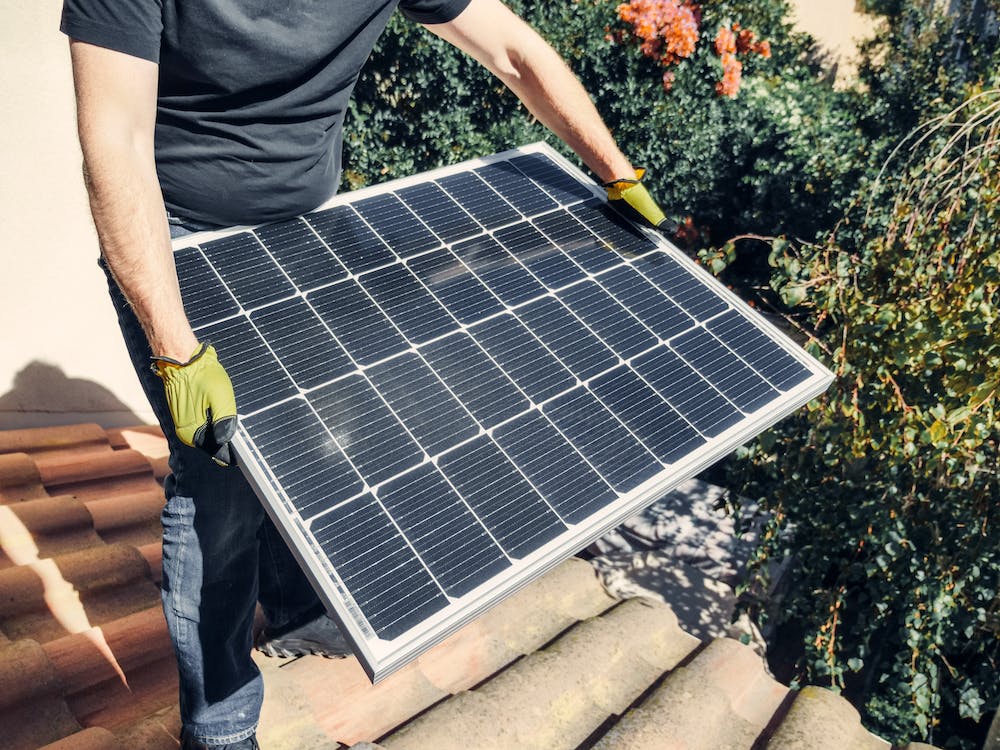With the ongoing struggles to keep up with the surging cost of living, many people are looking to cut back on their utility bills. Aside from cutting down on electricity usage by turning off appliances or changing habits, the demand for solar panels in the UK is on the rise.
A press release by the trade body group Solar Power UK revealed that the number of panels installed in the UK every week has reached 3,000 – a more than 200% increase from the same period two years ago in 2020. No doubt the recent hot weather has led homeowners’ minds to wander upwards to their baking rooftop to see if it could be made more productive.
The demand for solar panels is also heavily driven by the rising cost of energy in the UK. With the latest Ofgem cost cap taking the average annual cost of energy for a home up to £3,549, almost everyone is looking for a way to reduced the burden on their wallets. Solar panels are a great way of reducing annual costs, especially when coupled with a battery or an electric car to make the most of the energy generated all the way through the day.
Payback Times
Previously homeowners were put off by long payback times (often reaching above 15 or 20 years), but with the advent of ever-higher electricity costs the time taken to recoup the initial up-front costs has been falling. Around 10 years ago it was not uncommon to pay between £20-30,000 for a typical domestic system, but that cost has now fallen to between £5-10,000 depending on the house in question. Coupled with the huge rise in energy costs, this means that a typical payback period is now just 5-6 years, significantly boosting the demand for solar panels.
This is a particularly important factor when assessing the incentives that homeowners have when deciding to invest in green technologies. Whilst the jury is out over exactly how much value solar panels add to the purchase price of a property, if the payback period is longer than the owner is planning to live in the house then this can often be enough to dissuade someone from taking the plunge. However, with the period falling, homeowners have a real prospect of living long enough in the property to realise the rewards of the upfront cost.
Demand for Solar Panels Jobs
In conjunction with the rise in demand for solar panels is a surge in the demand for workers in the solar sector. It is a clear booming industry, and companies across the country have been reporting vacancies for workers. If you’re interested in getting into a career in solar, take a look at our guide to solar jobs. The upturn in the industry is likely to continue for decades to come, as not only will more and more households be looking to add solar to their domestic energy supply, but the current raft of installations will need maintaining and updating to the latest technology in the coming years.



